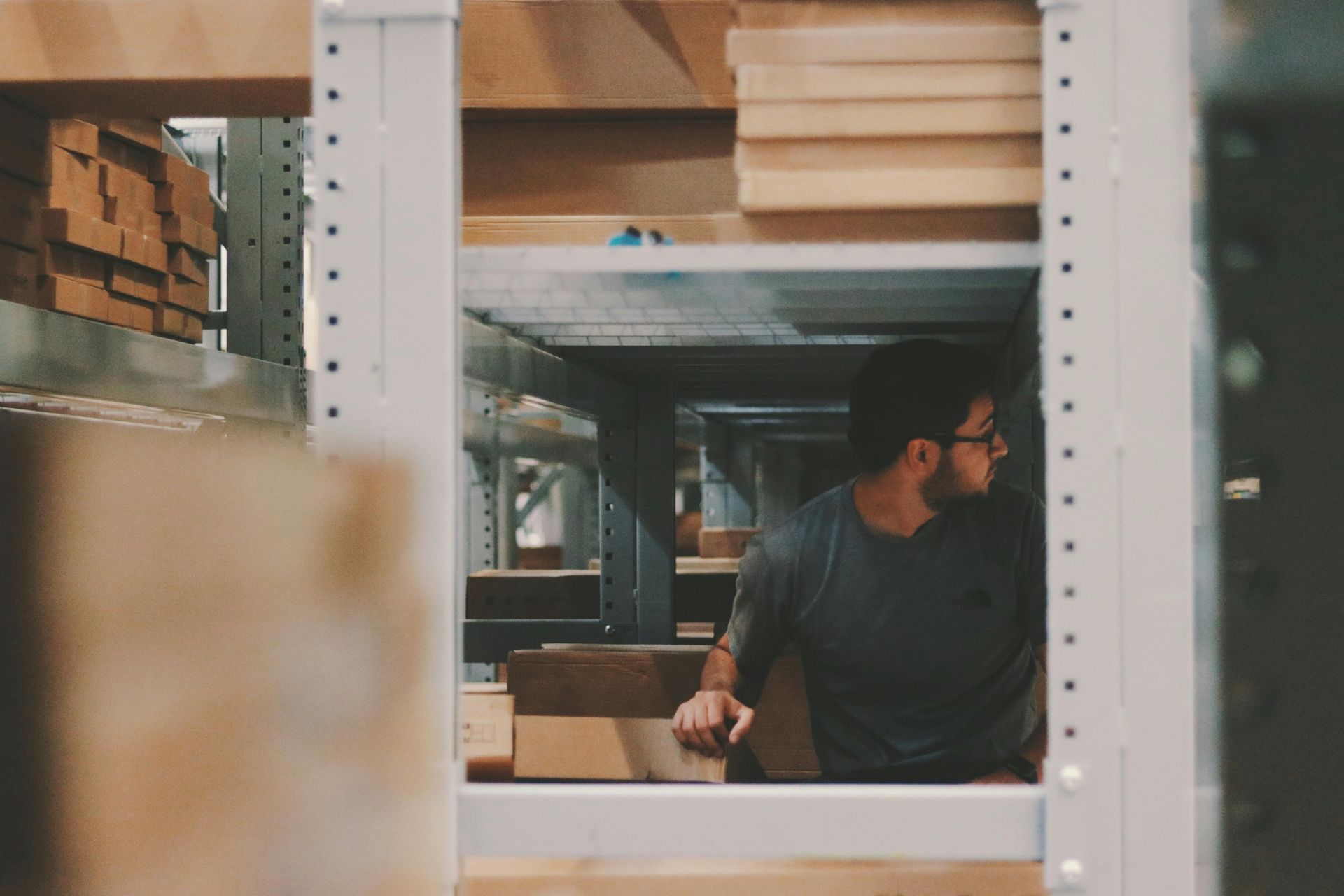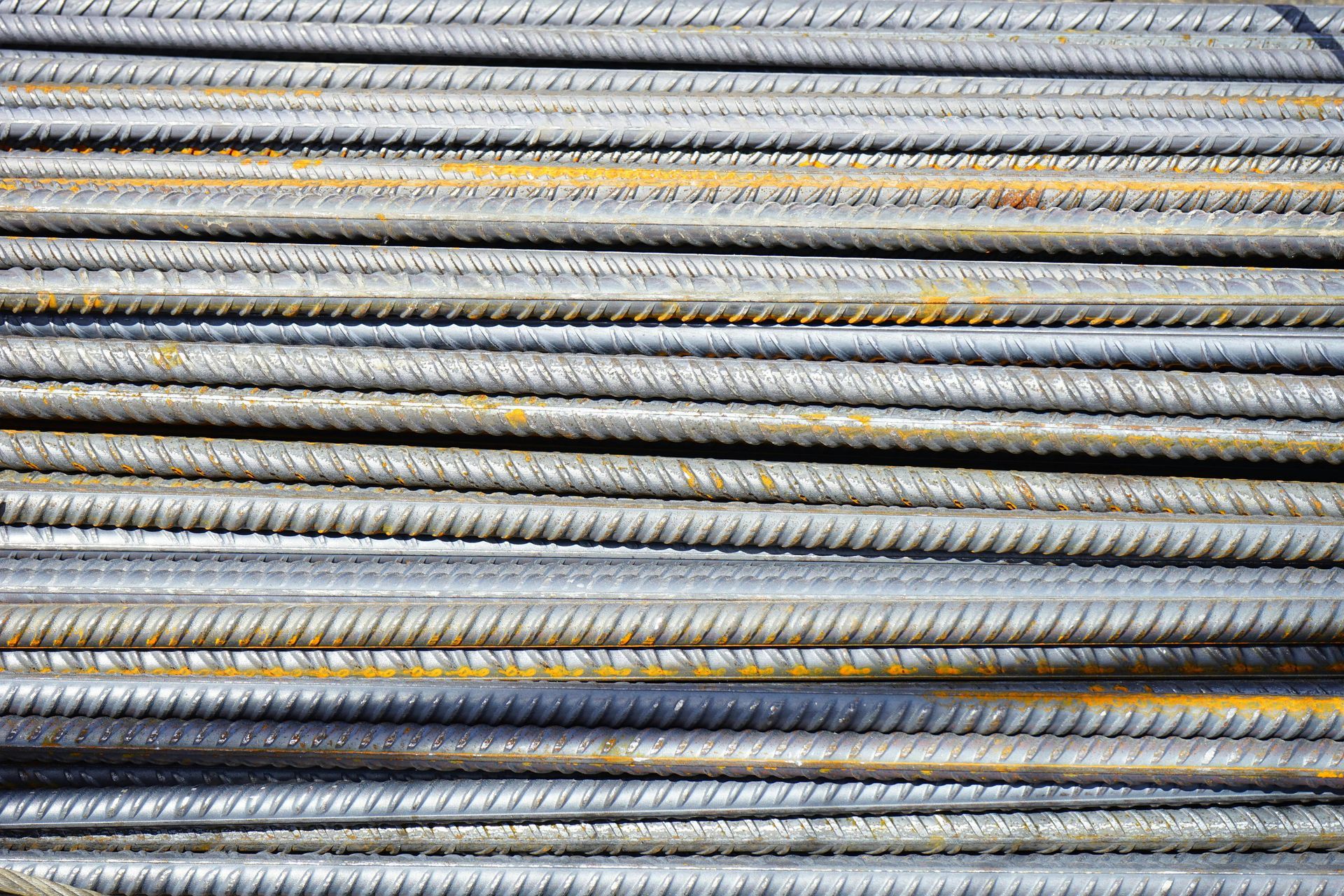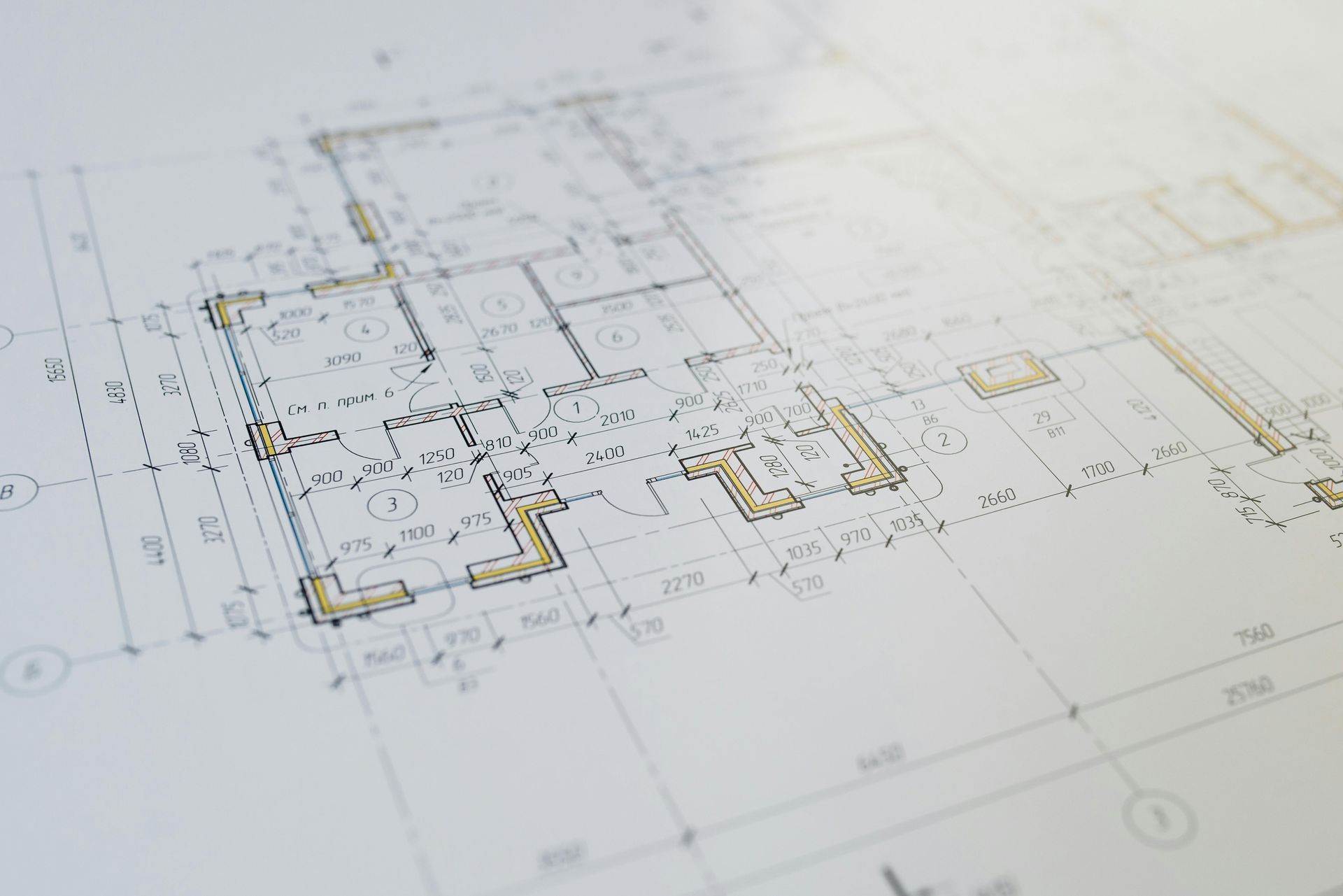Beyond the Build: How Strong Supplier Relationships Drive Construction Success
On the surface, construction is about concrete, steel, and lumber. It’s about schedules, specs, and square footage. But talk to any experienced builder, developer, or project manager, and they’ll tell you the real secret behind a successful job isn’t just what gets built—it’s who helps build it.
Because behind every project that finishes on time, under budget, and with fewer headaches is a team of trusted partners—people who know your process, anticipate your needs, and show up when it matters most.
In the construction supply world, there’s no shortage of vendors. Plenty of companies will give you a quote. Plenty will drop off materials. Plenty will tell you what you want to hear. But when things get tight—when the schedule compresses, when the weather shifts, when the spec changes unexpectedly—you quickly learn who’s actually in your corner.
At ProPonents, we believe the difference between a supplier and a strategic ally is trust. And that trust isn’t built through one good order—it’s earned over time, project after project, problem after problem, solution after solution.
Let’s take a deeper look at why strong supplier relationships matter more than ever—and what they can mean for the long-term success of your business.
The Transactional Trap
It’s easy to fall into the trap of treating your supplier like a vending machine. Submit the list, get the quote, cut the PO, and move on. When times are smooth and the scope is simple, this model might hold up. But the moment your build hits turbulence, that surface-level relationship starts to show cracks.
Maybe your delivery is delayed and no one picks up the phone. Maybe a price changed unexpectedly and you’re left absorbing the margin hit. Maybe you need an alternate material fast and your rep is suddenly nowhere to be found.
This kind of transactional approach reduces your supplier to a vendor—and it reduces your options when things go sideways.
The real value comes from suppliers who see themselves as part of your team. The ones who aren’t just filling orders but understanding your goals. The ones who don’t wait for you to call with a problem—but call you when they spot one coming.
What Real Partnership Looks Like
We’ve had clients who worked with us for years before we handled a single quote. Others came to us in the middle of a crisis—scrambling to rescue a job that was slipping through their fingers. In both cases, our first move is the same: listen carefully, learn the project, and earn trust slowly.
The strongest supplier relationships aren’t built on price alone. They’re built on performance. On how quickly we return your calls. On how well we understand your project cadence. On whether we can spot a material mismatch in your takeoff before it becomes a $20,000 change order. On how we respond when a delay threatens to stall your framing crew for a week.
We’ve rerouted shipments overnight to beat a storm. We’ve sourced out-of-stock items from secondary markets without charging a premium. We’ve sat on jobsite tailgates at 7 a.m. with superintendents walking through day-by-day sequencing just to get a better handle on how we could help.
That kind of service doesn’t come from a transactional mindset. It comes from a relationship built on mutual respect, open communication, and shared success.
Why It Matters More Than Ever
Today’s construction environment isn’t easy. Between rising costs, tighter timelines, labor shortages, and constant supply chain pressure, builders have less room for error than ever before.
In this kind of climate, the difference between staying on track and falling behind often comes down to your support system. You can’t afford to have suppliers who disappear when things get complicated. You need partners who stay involved, stay accountable, and stay flexible—even when the job gets messy.
Strong supplier relationships create resilience. They give you faster access to answers, better pricing leverage, more reliable deliveries, and clearer communication across every phase of the build.
They also give you confidence—the confidence to commit to a deadline, to manage your crew efficiently, to stand in front of a client and say, “Yes, we can get that done”—because you know the people behind your material plan won’t let you down.
Investing in Trust Pays Off
When we look back at our longest and most successful client relationships, there’s a common thread: shared wins. Projects where we helped them finish ahead of schedule. Problems we solved together in real time. Margins we protected through strategic planning. These wins created trust. That trust became loyalty. And that loyalty led to deeper collaboration—and better results.
One developer we work with today first came to us in a pinch—over budget, behind schedule, and frustrated by unreliable suppliers. We helped them recover one project. Then another. And now, three years later, we’re involved in their preconstruction meetings before ground ever breaks. They don’t just ask us for pricing. They ask us for insight. For strategy. For support.
That’s the power of a long-term supplier relationship. It doesn’t just help you solve problems—it helps you avoid them entirely.









